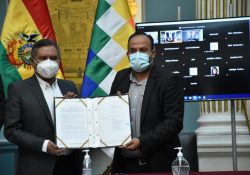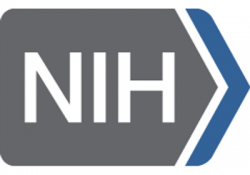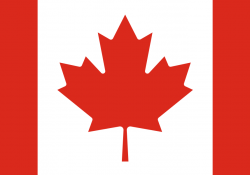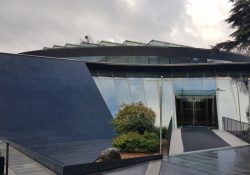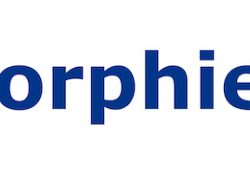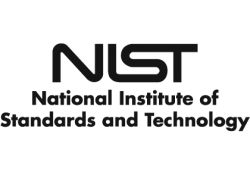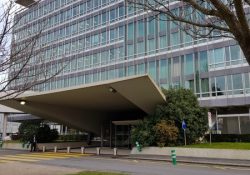Bolivia seeks to import COVID-19 vaccines from Biolyse, if Canada grants them a compulsory license
Today the government of Bolivia and Biolyse, a company based in Canada, signed an agreement to acquire COVID-19 vaccines manufactured by the company, if Canada grants them a compulsory license. Biolyse is a manufacturer of cancer drugs with the potential… Continue Reading
